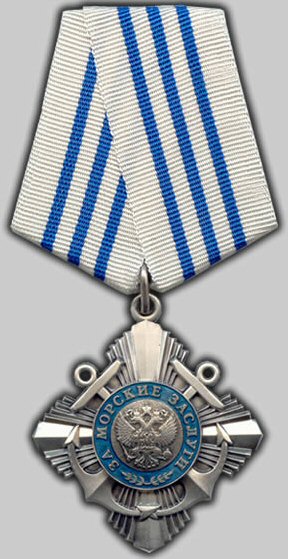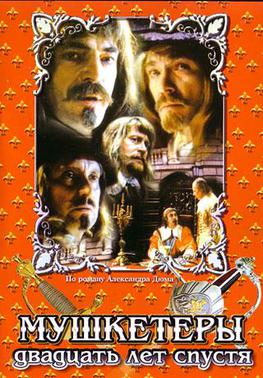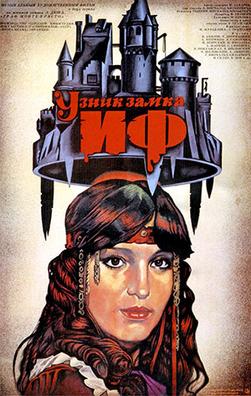Viktor Avilov may refer to:
Viktor Avilov may refer to:

The Terminal is a 2004 American comedy-drama film produced and directed by Steven Spielberg and starring Tom Hanks, Catherine Zeta-Jones and Stanley Tucci. The film is about an Eastern European man who is stuck in New York's John F. Kennedy Airport terminal when he is denied entry to the United States, but is unable to return to his native country because of a military coup.

The Soviet Union (USSR) competed at the 1972 Summer Olympics in Munich, West Germany. 371 competitors, 298 men and 73 women, took part in 180 events in 22 sports.

The Soviet Union (USSR) competed at the 1976 Summer Olympics in the city of Montreal, Quebec, Canada. 410 competitors, 285 men and 125 women, took part in 189 events in 22 sports. As the country hosted the next Olympics in Moscow, a live video feed from the city was shown at the closing ceremony.
Shuffling is a procedure used to randomize a deck of playing cards.

Mykola Viktorovych Avilov is a retired Ukrainian Soviet decathlete who competed at the 1968, 1972 and 1976 Olympics. He won a gold medal in 1972, setting a new world record, a bronze in 1976, and finished fourth in 1968. He is the only Olympic champion in decathlon from the Soviet Union.

Nikolai Pavlovich Glebov-Avilov was a prominent Bolshevik revolutionary and the first People's Commissar of Posts and Telegraphs. He was executed during the Great Purge.
The name Victor or Viktor may refer to:

Viktor Ivanovich Avilov was a Soviet diplomat.
Glebov or Glebova is a Russian surname, derived from the given name Gleb. Notable people with the surname include:

The Order "For Naval Merit" is a state decoration of the Russian Federation bestowed for excellence in military or economic maritime endeavours. It was established on February 27, 2002 by Decree of the President of the Russian Federation № 245. Its statute was amended by presidential decree № 1099 of September 7, 2010.

Musketeers Twenty Years After is a four-episode Russian musical film directed by Georgi Yungvald-Khilkevich based on Alexandre Dumas' 1845 novel Twenty Years After.
The year 1926 was marked by many events that left an imprint on the history of Soviet and Russian fine arts.
Mikhail Ivanovich Avilov was a Russian and Soviet painter and art educator, who lived and worked in Leningrad, a member of the Leningrad Union of Soviet Artists, professor of the Repin Institute of Arts, Stalin Prize winner, People's Artist of the Russian Federation, regarded as one of the brightest representatives of Soviet Art, who played an important role in the formation of the Leningrad School of Painting. He is mostly known for his battle paintings.
Avilov or Avilova is a Russian surname. It derives from the old Russian male first name Vavila (Vavilo).
Avilov is the name of several rural localities in Russia:
Avilov (masculine) or Avilova (feminine) may refer to:
Vladimir Avilov is an Estonian professional footballer who plays as a centre back for Estonian club Nõmme Kalju and the Estonia national team.

Viktor Vasilyevich Avilov was a Soviet and Russian film and theater actor, Honored Artist of the Russian Federation (1993). He is best known for his roles in the 1988 films Mister Designer and The Prisoner of Château d'If.

The Prisoner of Château d'If or is a 1988 Soviet drama film directed by Georgi Yungvald-Khilkevich based on the novel The Count of Monte Cristo by Alexandre Dumas.